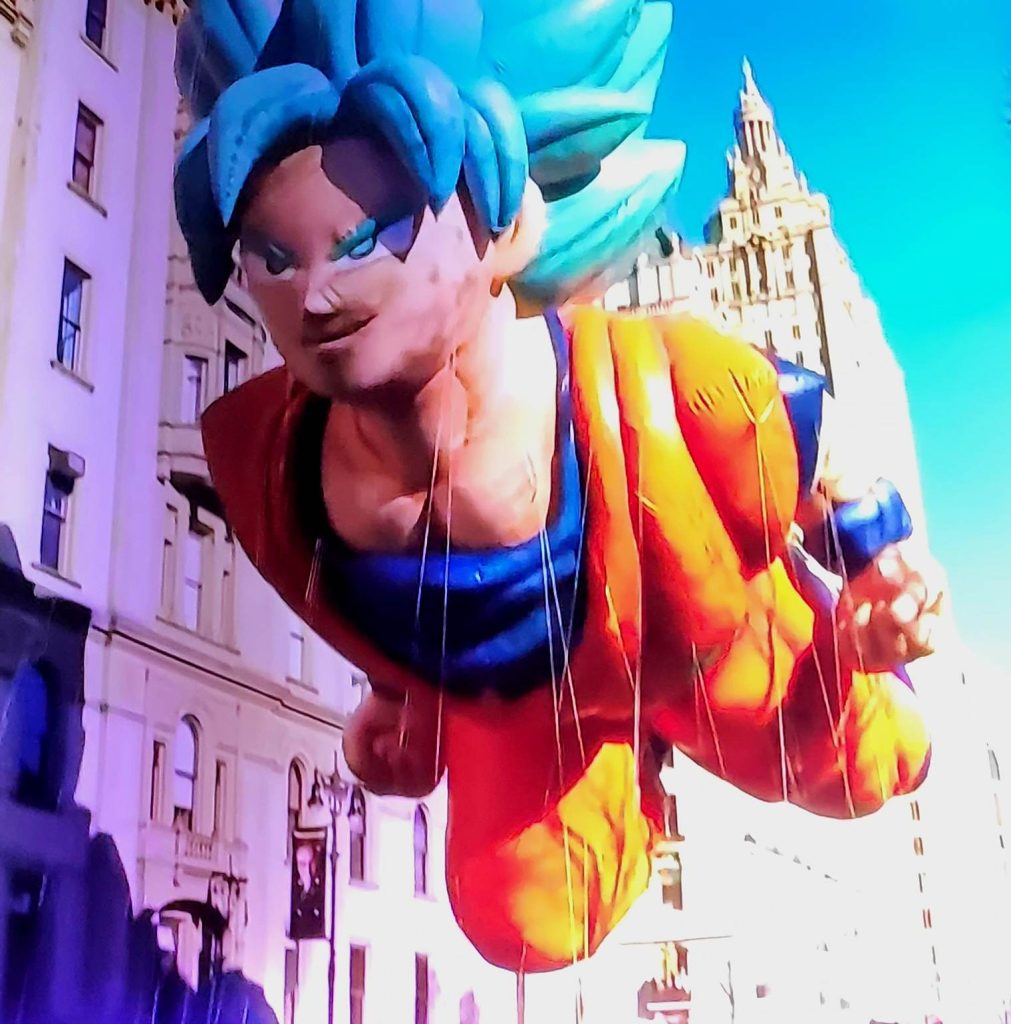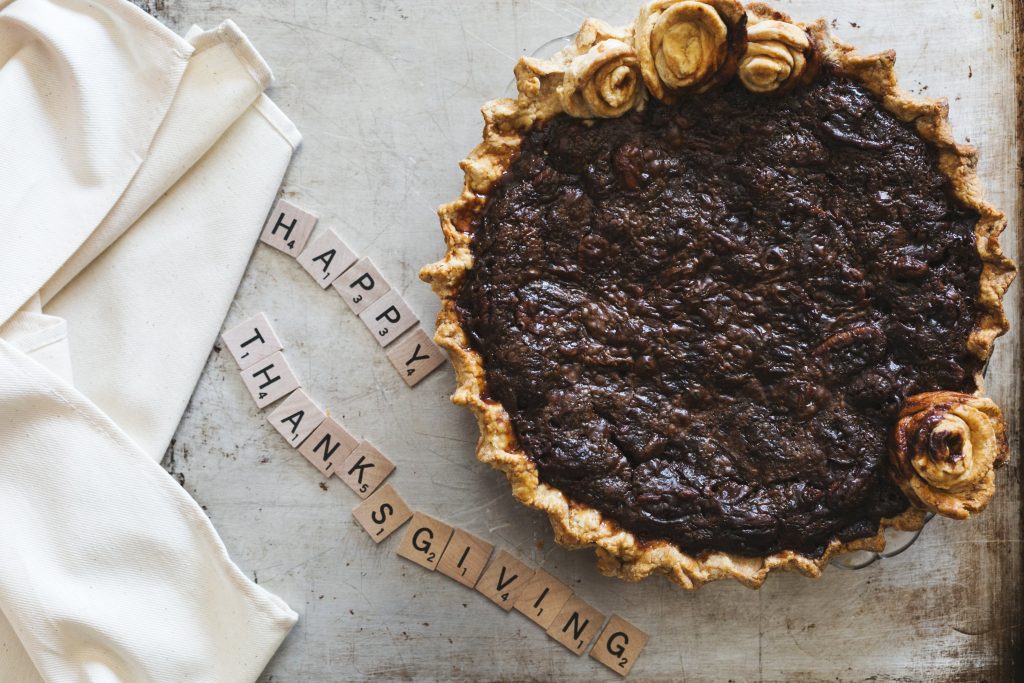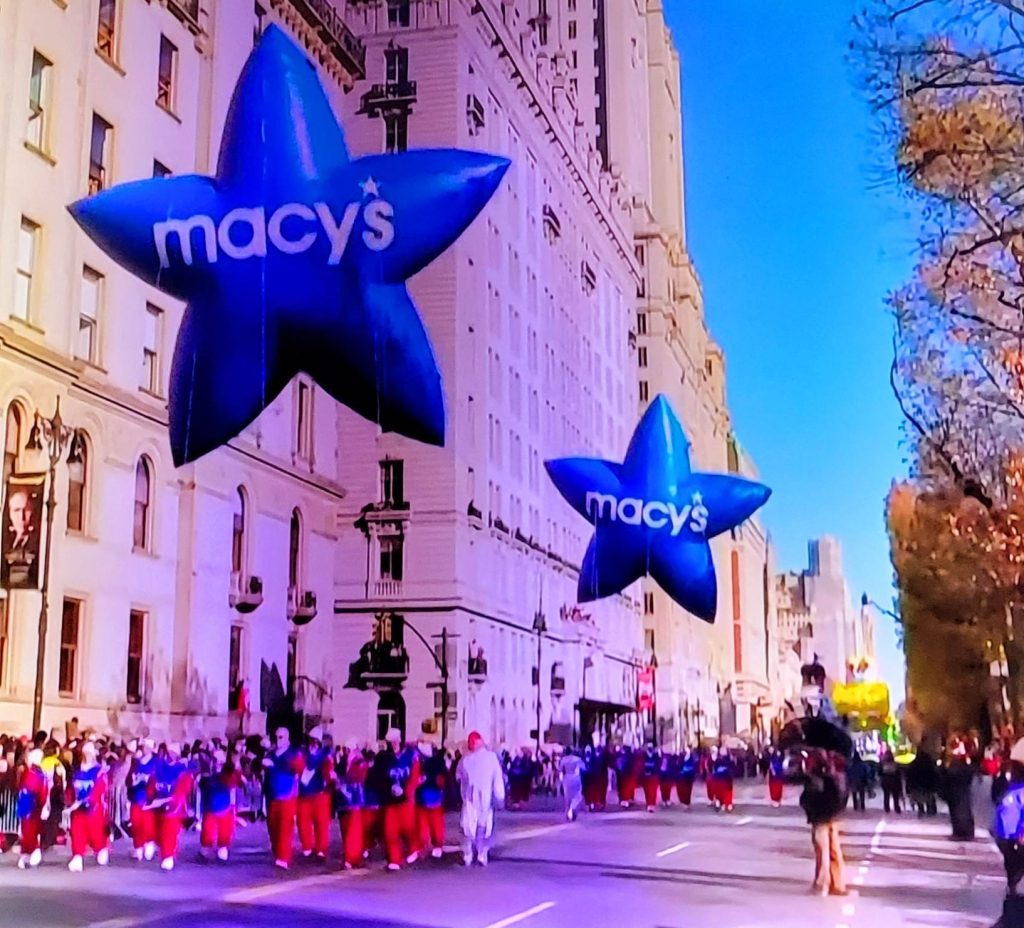Gratitude Knows No Borders: Thanksgiving and the Immigrant Story
Thanksgiving Day is one of the most significant and heartfelt celebrations in the United States (U.S.). It is a day where families and friends gather to share a meal, recount blessings, and enjoy the comfort of togetherness. In the morning of Thanksgiving Day, some New Yorkers would normally flock the streets of Manhattan to watch the annual Macy’s Thanksgiving Day Parade, a cherished tradition in New York City, which is considered to mark the beginning of the holiday season. The said parade features various floats, giant balloons, marching bands, concerts featuring popular music and dance, and other festivities. In the U.S., Thanksgiving has become synonymous with traditions such as the turkey feast, football games, and reconnecting with loved ones, symbolizing unity and abundance. However, at the heart of this holiday lies the simple but profound act of gratitude—being thankful for all that we have, despite life’s challenges.

But Thanksgiving’s roots go deeper into history, taking us back to the early 17th century when the first European settlers, often referred to as Pilgrims, celebrated a bountiful harvest with the Indigenous peoples of America. This historical gathering is widely regarded as the “First Thanksgiving.” Yet, it’s worth noting an often-overlooked irony: those Pilgrims, hailed as the first settlers, were undocumented immigrants themselves—strangers in a new land seeking opportunity and survival.
Fast forward to today, and the narrative around immigration has shifted dramatically, especially with policies championed by President-elect Donald Trump. His administration plans to intensify measures against undocumented immigrants, focusing on mass deportations, heightened workplace raids, military involvement, and an expanded border wall at the U.S.-Mexico border. This approach could profoundly affect millions of individuals—many of whom have lived on American soil for decades and have children who are U.S. citizens, contributing to the economy and community life. For instance, Filipino Americans (Fil-Ams) are the second Asian immigrants in the U.S. based on the study conducted by Pew Research Center. A report in 2023 of the Migration Policy Institute in Washington D.C. showed that the Philippines is the sixth top source of undocumented (unauthorized) immigrants in the US with a population estimated at 309,000 (available data was in 2021).
In view of this, Thanksgiving may hold a bittersweet significance for the said affected immigrants. While they join in gratitude, celebrating life and family, an air of uncertainty looms over their future. The irony is striking: those who face possible deportation are living out their own version of the Pilgrims’ story—seeking refuge, contributing to a new homeland, and giving thanks for survival and opportunity.
As history reminds us, the Pilgrims were welcomed by the Native Americans, who shared their resources and knowledge to help them survive. This spirit of hospitality and shared humanity is the cornerstone of the Thanksgiving story. Yet, today, it seems that some have forgotten this foundational narrative. How can a nation built by immigrants turn its back on others who are merely following the same dream of a better life?
Thanksgiving is a poignant time to reflect on these contradictions. It invites us to remember that we are all, in essence, migrants on this earth. Our time here is fleeting, and the borders and barriers we create are manmade constructs. The only laws that truly govern our existence are divine: to love God above all things, and to love our neighbors as ourselves.
This Thanksgiving, let us not only be thankful for our blessings but also extend compassion to those who are vulnerable. Let us honor the true spirit of the holiday by embracing unity and understanding, remembering that the first Thanksgiving was a celebration of shared humanity.
For us at My Useful Tips, Thanksgiving is a chance to thank God for everything—the joys, the good things in life, and the love that binds us all, despite challenges. Remember, we are all temporary migrants here on earth. There are no boundaries, no passports or visas needed, no immigration or emigration laws when we came into this world. May we all, regardless of status or circumstance, find reasons to be grateful and opportunities to uplift one another. After all, gratitude knows no borders, and kindness needs no passport.
Happy Thanksgiving. May our Lord God bless us all. Amen.




